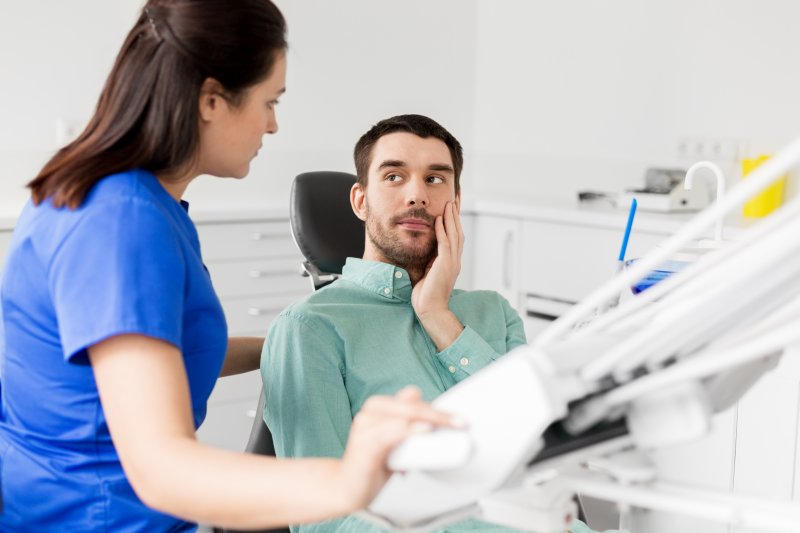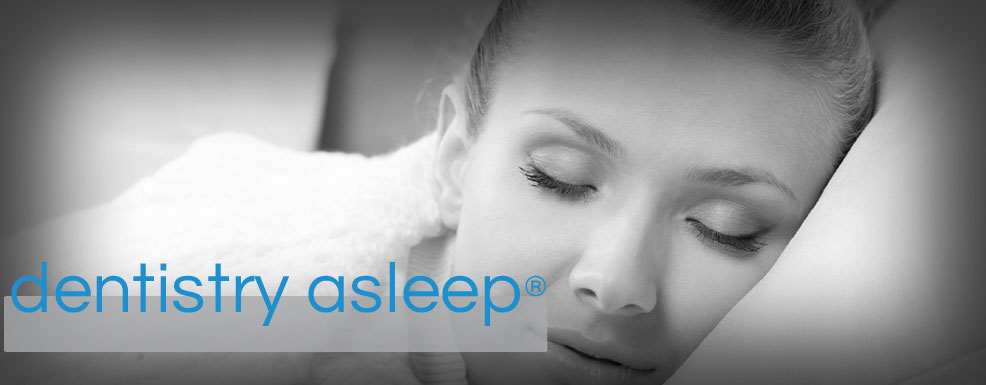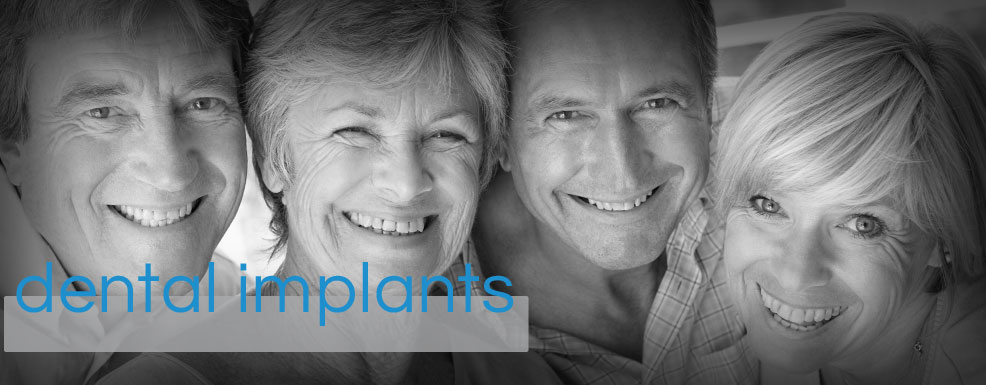
Sleep apnea is mostly known for causing problems with sleep, but it’s far from the only issue to consider. While snoring and restless nights are common side effects of this chronic condition, it’s important to examine the relationship that the TMJ and sleep apnea hold. The TMJ specifically refers to the joints that connect the jaw to the skull. Without sleep apnea therapy, you could develop TMJ disorder (or TMD) as well. Learn why from an expert on the subject and what you should do going forward.
The Relationship Between Sleep Apnea and the TMJ
Sleep apnea is characterized by loud snoring due to blockages inside the mouth, but it’s important to recognize what’s actually happening when apneas occur. For example, the body has an automatic response during sleep to shift the lower jaw forward, opening up the airway and allowing proper air flow for oxygen to come in. As a result, this puts a lot of stress and tension on the jaw joints. This is one of the reasons why those who have sleep apnea have also noted pain upon waking, typically in the jaw joints or facial muscles.
Furthermore, TMD has been linked to chronic fatigue syndrome, a condition that can actually make sleep apnea worse as well as put you at risk for other diseases. The sooner you can put an end to this vicious cycle, the better your quality of life and overall health will be.
Common Side Effects of TMD
If you aren’t as familiar with TMD, it’s important to keep in mind that jaw pain is far from the only side effect that can appear. For example, this chronic condition can also lead to:
- Pain in the neck, shoulders, and upper back
- Popping or clicking of the jaw
- Tinnitus and earaches
- Permanent joint damage
- Chronic headaches and migraines
- Dizziness
- Limited mouth motions
Treatments That Can Help
Thankfully, there are treatments out there that can work to address sleep apnea at the source so you can prevent TMD from developing. One of the most common is oral appliance therapy, a personalized option that involves wearing a custom-made device similar to a nightguard. Not only does this work to open the airway and make breathing easier during sleep, but it also protects teeth from unconscious habits related to TMD like teeth grinding and clenching.
Sleep apnea largely goes unnoticed and untreated for millions, making it a truly silent epidemic in the United States. Don’t be another statistic. Call a dentist today and see if oral appliance therapy or another sleep apnea treatment is right for you!
About the Author
Dr. Kevin Dann cares deeply about staying on top of the latest advancements in the dental field, including services like sleep apnea therapy. Through his expertise, he’s able to perform bite assessments and provide custom-made oral appliances specifically designed to help patients manage sleep apnea and avoid the development of TMD. To schedule an appointment with his office, you can contact him through his website.




